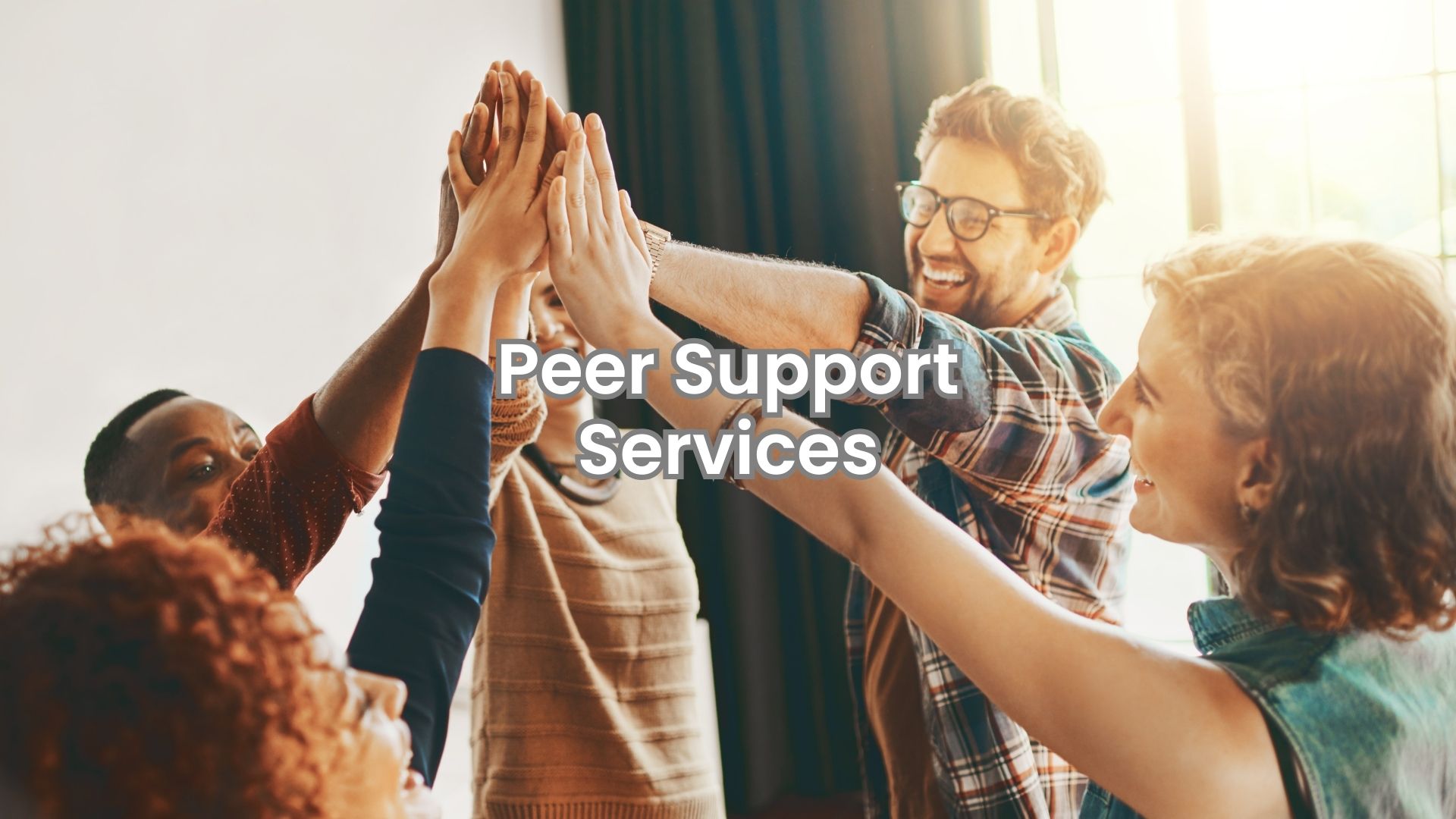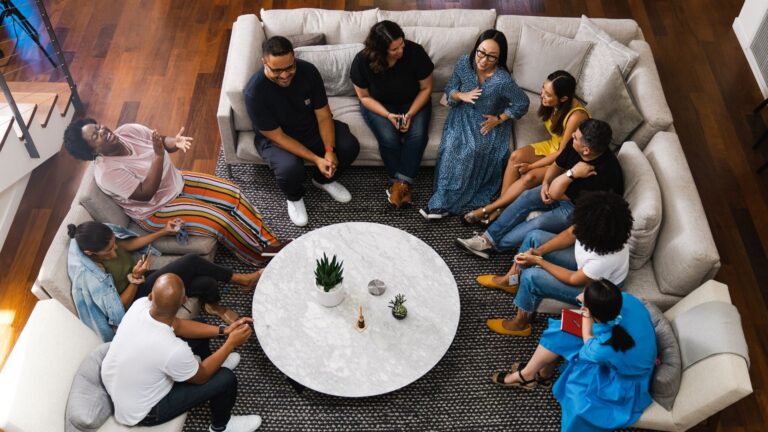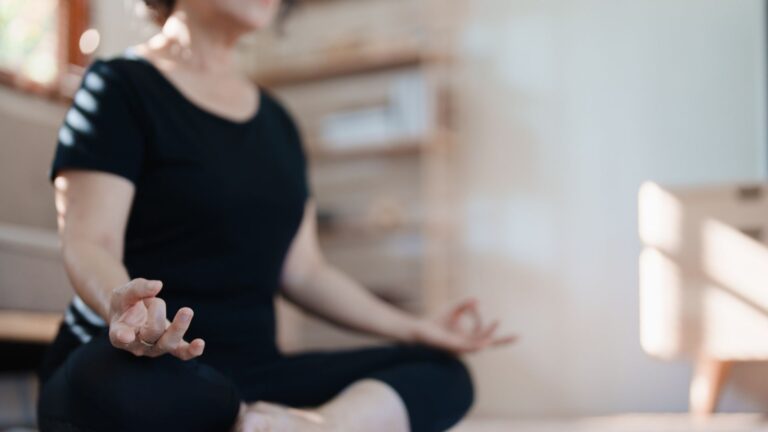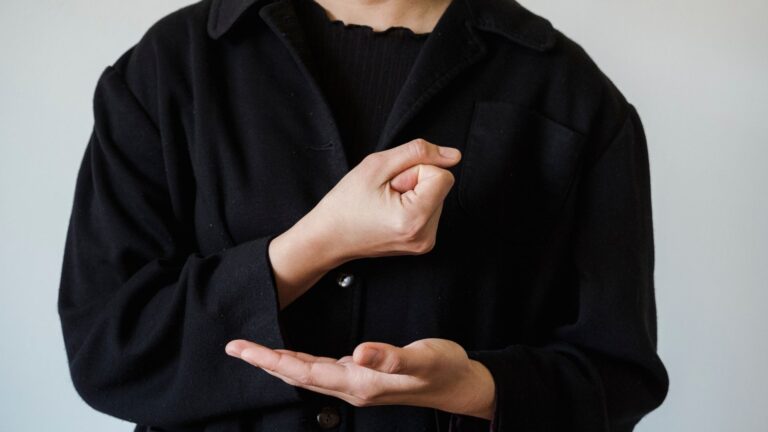Addiction recovery isn’t something anyone should have to do alone. While therapy, medication, and structured programs play a vital role in healing, there’s another layer of support that’s just as powerful—connection.
That’s where peer support services come in. These programs link you with people who’ve walked the same road. They’ve felt the weight of cravings, experienced setbacks, rebuilt their lives piece by piece and now, they’re using that experience to walk alongside you. It’s lived experience turned into real, relatable guidance.
Whether you’re fresh into sobriety or maintaining progress after treatment, peer support services offer consistent encouragement, real-world accountability, and a deep sense of “you’re not alone.”
Let’s break down how peer support works, what kinds of services are available, and why Ridgeline Recovery in Columbus integrates peer support into the full recovery journey.

What Are Peer Support Services?
Peer support is exactly what it sounds like: support from someone who has gone through addiction and recovery themselves. They’re trained, not just in communication, but in recovery coaching, relapse prevention, and emotional support. What makes them powerful isn’t just their training, it’s that they’ve been there.
According to the National Institute on Drug Abuse, “Peer recovery coaches are saving lives every day by connecting with people in the same situation they were once in.”
That shared experience creates a level of trust and connection that’s hard to replicate in clinical settings alone. Peer support doesn’t replace therapy or medical care, it enhances it.
Types of Peer Support Services
Different people need different types of support. In Columbus, you’ll find a wide variety of peer services designed to meet you wherever you are in your recovery journey.
1. One-on-One Peer Recovery Coaching
A peer recovery coach is a trained mentor who helps you navigate recovery in your day-to-day life. They can help with:
- Setting goals and tracking progress
- Creating relapse prevention plans
- Finding housing, jobs, or transportation
- Staying accountable to your recovery plan
They’re not a therapist or sponsor. They’re a partner in your recovery who understands what you’re going through because they’ve lived it.
2. Group Peer Support Meetings
In these settings, peers gather regularly to talk through recovery wins and struggles. It’s informal, open, and real. You’ll:
- Share your experience
- Hear stories from others who “get it”
- Build relationships that reduce isolation
These meetings often complement more structured therapy sessions, offering a community of ongoing support.
3. Crisis Peer Support
Sometimes life hits hard—relapse, loss, or major stress. Crisis peer support provides short-term help from someone who can sit with you, listen, and help stabilize your situation. They can:
- Help you calm down during high-stress moments
- Talk you through what worked for them
- Link you with professionals if needed
4. Transitional Peer Support (Post-Treatment)
Coming out of treatment can feel like stepping into the unknown. Transitional peer support bridges the gap between rehab and real life. Peer mentors help you:
- Build a new routine
- Stay grounded during high-risk moments
- Keep showing up when motivation fades
The Power of Peer Connection in Recovery
What makes peer support different? It’s the emotional safety that comes from shared experience. Here’s what people often say they gain:
- Validation: “You’re not crazy. I’ve felt that too.”
- Hope: “If they did it, I can too.”
- Real Advice: Not theory—actionable insights that worked for someone else.
- Belonging: Recovery can be lonely. Peer support makes it less so.
People in early recovery often say the connection they formed with peers was just as important as the clinical care they received.

At Ridgeline Recovery, we know that real change happens in relationships, not just programs. That’s why peer support services are baked into every level of care we offer.
Here’s how it works:
Integrated Peer Support
Whether you’re in PHP, IOP, or aftercare, you’ll be paired with a peer recovery coach who checks in regularly, helps you stay grounded, and gives support when you need it most.
Community-Driven Recovery
We host peer-led groups and connection events so you’re not isolated on your journey.
Long-Term Mentorship
Recovery isn’t a 30-day fix. We provide continued peer mentorship well beyond discharge to help you maintain progress and keep moving forward.
Ready to Get Connected?
You don’t have to walk this path alone. If you’re in Columbus and looking for recovery that goes beyond therapy—with real, human connection at its core—Ridgeline Recovery is here for you.
Reach out today to learn how peer support services can help you stay grounded, inspired, and moving forward—one day at a time.
👉 Visit Ridgeline Recovery or Contact Us to explore our peer support services.







